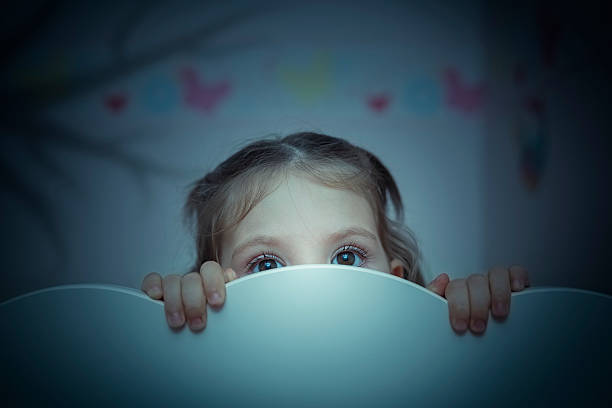A recent study carried out by Nerea Pons, Mireia Orgilés and Alexandra Morales has shed light on nighttime fears in childhood and its relationship with perfectionism. This study, which involved 319 children between 8 and 11 years old from three primary schools in Spain, revealed fascinating connections between perfectionism and fears that affect children’s evolutionary development and quality of life.
The results of the study showed a significant evaluation between different aspects of perfectionism and night fears in children. Specifically, a relationship was identified between “Fear of loss or separation from family” and the total perfectionism score. Likewise, a connection was found between the perception of judgments and expectations of performance (known as “Socially Prescribed Perfectionism”) and fears related to family separation and fears of real stimuli. Contrary to expectations, more perfectionistic children reported having fewer nighttime fears.
An intriguing finding was the difference between genders and ages. Girls and younger participants tended to have higher scores on nighttime fears compared to boys and older children.
These findings are vital to better understand nighttime fears in childhood and the factors that may influence their development. They will provide crucial knowledge that can be useful in the early detection of these fears and in clinical practice. Identifying the relationship between perfectionism and nighttime fears could be essential to design intervention strategies that help children overcome these fears and improve their quality of life.
The researchers hope that these results will serve as a starting point for future research and, more importantly, as a guide to help parents, educators and health professionals more effectively address nighttime fears in childhood.
link: https://revistas.uned.es/index.php/RPPC/article/view/37274/28318

